Kingpatzer
TPF Noob!
- Joined
- Apr 5, 2007
- Messages
- 47
- Reaction score
- 0
- Can others edit my Photos
- Photos OK to edit
I think they're getting worse too.
Back in the olden days you still had uninteresting subjects, bad composition and poor lighting. And here, I think Alex is right, the proportions haven't changed at all.
But in the old days in order to do anything you had to know how to make a correct exposure. And most serious photographers knew how to operate in a darkroom as well. They understood how lenses, aperture, exposure time and film worked together to form the image in a way that just doesn't exist anymore.
But all that knowledge still matters in the digital world. Bryan Peterson talks about each image having one correct exposure for the desired artistic effect. But photographers today don't even understand what exposure IS let alone make conscious artistic choices about it (even if they are bad artistic choices!).
The reason is that most photographers today, even in the SLR world, have a point-n-shoot mentality. They don't choose their aperture, ISO, shutter speed or even focus point. They just aim and click.
So while in the old days you had 1 out of ten thousand people being photographers, those folks knew how cameras worked, and could make artistic choices around their subject matter. Now, they made the same proportion of bad artistic choices as we see today -- but they were at least artists in some sense of the word.
Today, maybe 1 in 1000 people are photographers (ten times as many as before), with the same proportion of artistic challenges, but only 1 in forty thousand understand photography (a quarter as many as before). The rest are just letting the camera make all the choices for them.
The above numbers are of course, pulled out of my rear end, but I think the relative proportions are about right, regardless of what the starting "1-out-of-#" is for photographers.
Where I think the difference really lies is that for the 1-in-40,000 who really does know what they're doing -- the level of equipment has gotten significantly better in the last 10 years. Far more of those photographer's images are "keepers" than in the past.
The films are better, the machines are better, the lenses are better, the meters are better, the af systems are better, and on the digital side the editing software is better . . . and it all adds up to more better pictures for those who know how to use the gear.
Back in the olden days you still had uninteresting subjects, bad composition and poor lighting. And here, I think Alex is right, the proportions haven't changed at all.
But in the old days in order to do anything you had to know how to make a correct exposure. And most serious photographers knew how to operate in a darkroom as well. They understood how lenses, aperture, exposure time and film worked together to form the image in a way that just doesn't exist anymore.
But all that knowledge still matters in the digital world. Bryan Peterson talks about each image having one correct exposure for the desired artistic effect. But photographers today don't even understand what exposure IS let alone make conscious artistic choices about it (even if they are bad artistic choices!).
The reason is that most photographers today, even in the SLR world, have a point-n-shoot mentality. They don't choose their aperture, ISO, shutter speed or even focus point. They just aim and click.
So while in the old days you had 1 out of ten thousand people being photographers, those folks knew how cameras worked, and could make artistic choices around their subject matter. Now, they made the same proportion of bad artistic choices as we see today -- but they were at least artists in some sense of the word.
Today, maybe 1 in 1000 people are photographers (ten times as many as before), with the same proportion of artistic challenges, but only 1 in forty thousand understand photography (a quarter as many as before). The rest are just letting the camera make all the choices for them.
The above numbers are of course, pulled out of my rear end, but I think the relative proportions are about right, regardless of what the starting "1-out-of-#" is for photographers.
Where I think the difference really lies is that for the 1-in-40,000 who really does know what they're doing -- the level of equipment has gotten significantly better in the last 10 years. Far more of those photographer's images are "keepers" than in the past.
The films are better, the machines are better, the lenses are better, the meters are better, the af systems are better, and on the digital side the editing software is better . . . and it all adds up to more better pictures for those who know how to use the gear.


![[No title]](/data/xfmg/thumbnail/32/32178-010a47bfeb945bdafb02b0ee4888290c.jpg?1619735235)
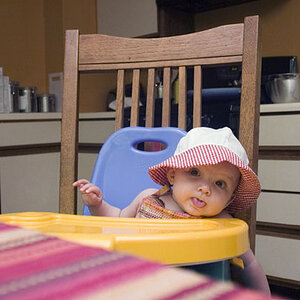
![[No title]](/data/xfmg/thumbnail/37/37623-b930ccd802f79b9c9cea990a7a5e5462.jpg?1619738153)
![[No title]](/data/xfmg/thumbnail/32/32179-99b00fe3df8a5ed7303ced76980128fd.jpg?1619735235)
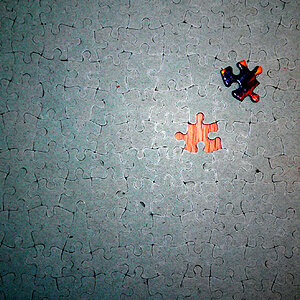
![[No title]](/data/xfmg/thumbnail/32/32176-48b4ba2fc0e35afa267c5882154e7620.jpg?1619735235)
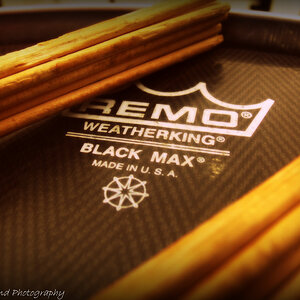
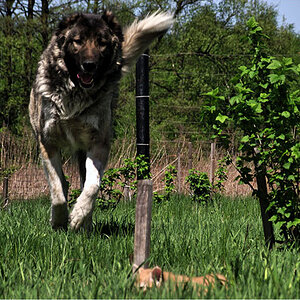
![[No title]](/data/xfmg/thumbnail/37/37602-1ef8dbb1c2d0e4ff347ee65d328c3603.jpg?1619738147)
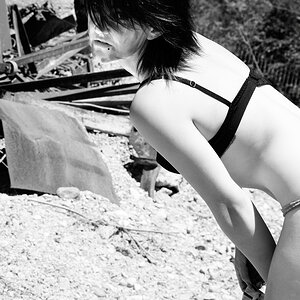
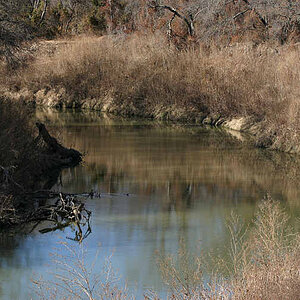
![[No title]](/data/xfmg/thumbnail/32/32177-3a3d923fa1584c6ef7d6602aaa24fbc6.jpg?1619735235)